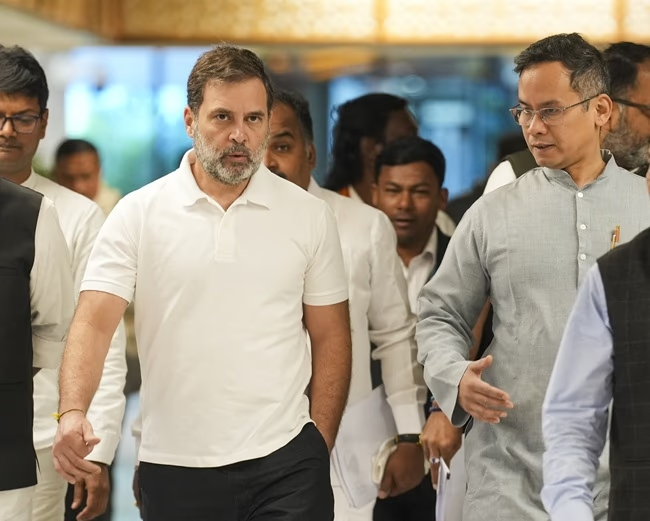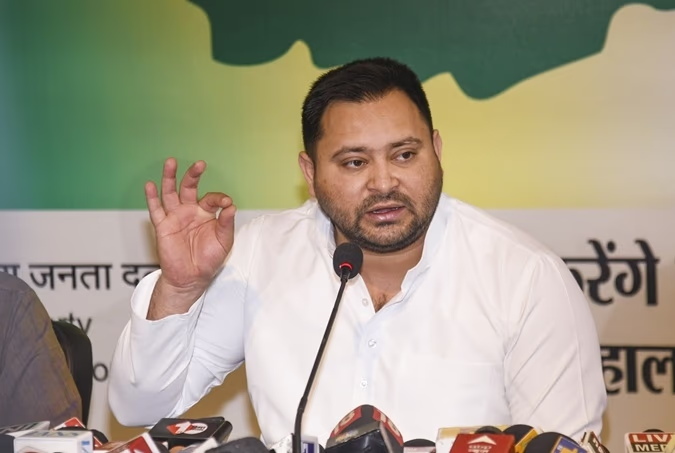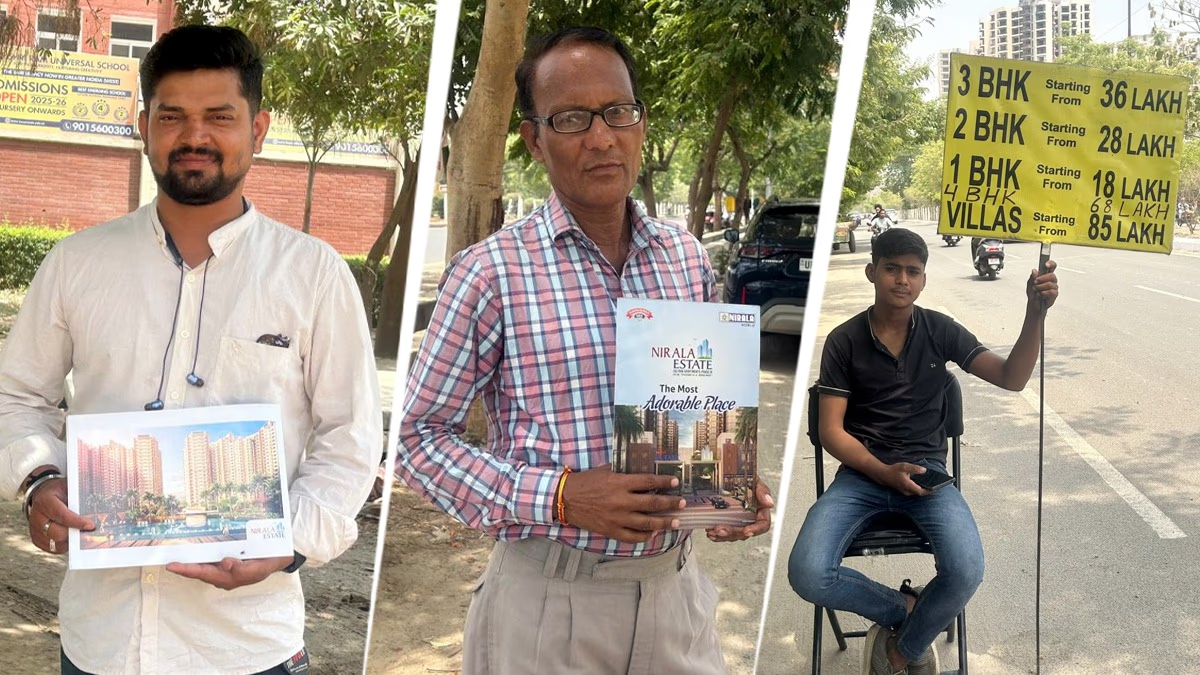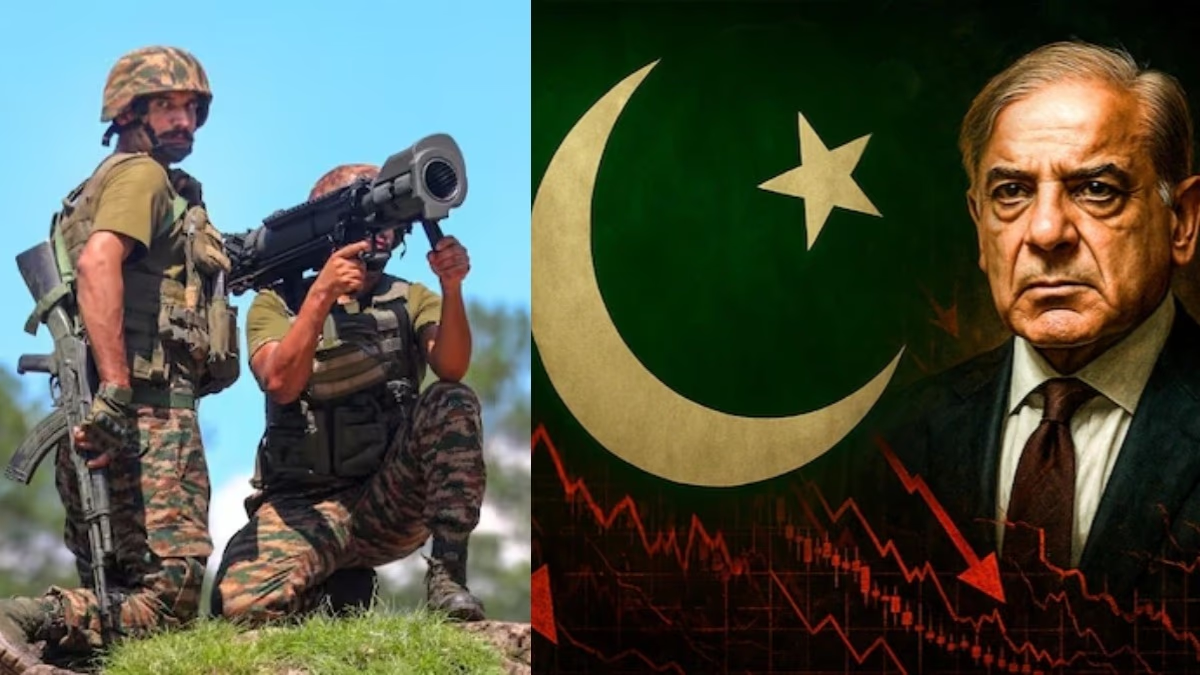As assembly elections loom in Bihar, the central government's recent move has stirred political circles. Announcing a caste census across the nation, this strategy by the government is being hailed as a masterstroke ahead of the Bihar elections. Following heightened tensions with Pakistan after the terrorist attack in Pahalgam, Jammu and Kashmir, the sudden decision has highlighted different challenges faced by various states. What impacts will this have on political dynamics from North India's Hindi heartland to the South?
The central government has committed to conducting a caste census, yet the path is fraught with obstacles. The challenges begin with the OBC list itself, a persistent issue since caste census initiatives first commenced. In 1901, under British colonial rule, H.H. Risley classified castes based on varna system, facing significant opposition. By 1931, the last recorded caste census saw J.H. Hutton categorize castes by profession, lacking uniformity. Northern India's agriculture was considered prestigious, while in the South, it was linked with external castes.
Numerous States, Numerous Challenges
Decades have passed, and while societal changes have unfolded, some challenges remain static. Each state presents unique obstacles in the caste census journey. The complexity of counting OBCs is evident; the central government’s OBC list differs from those of individual states, often leading to contradictions. In the heartland states of Uttar Pradesh and Bihar, diversity is notable, with distinct discrepancies in OBC lists.

Source: aajtak
In Bihar, the Vaishya community falls under OBC, whereas, in UP, its sub-castes often appear in the general category. This inconsistency is observed beyond Bihar and UP, extending to Punjab, Haryana, and other states. Karnataka’s influential Lingayat community sees its sub-castes categorized as OBC and SC. Telangana hosts a significant Lingayat population, which has long campaigned for OBC status.
The ensuing political challenge will involve classifying a caste recognized as OBC in one state but not another within the census data. This discrepancy threatens to upset related castes and sub-castes.
Shifting Dynamics from Hindi Heartland to the South
The demand for a caste census sees vocal advocacy from parties such as the Samajwadi Party (SP) and Rashtriya Janata Dal (RJD), synonymous with OBC politics in the Hindi heartland. Before the 2011 census, SP's Mulayam Singh Yadav and RJD's Lalu Yadav spearheaded movements pressing the UPA government to announce a caste census, which never saw data release.
Under Nitish Kumar’s leadership, Bihar did conduct a caste census, with data released on October 2, 2023. Karnataka followed suit, as did Telangana and Andhra Pradesh, prompting questions about whether the caste census could reshape political equations on a national scale.

Source: aajtak
Political analyst Amitabh Tiwari insights reflect on BJP’s vote share trends: from around 32% in the 2019 Lok Sabha elections to over 37% in 2019, dipping again below 37% despite the Ram Temple momentum. It demonstrates that maximum support under the Hindutva agenda may have been secured by BJP. The importance of caste politics is underscored by BJP’s own admissions citing constitutional arguments from the opposition as reasons for seat losses in states like UP and Bihar. Surveys found that over half of voters consider caste a voting determinant. By the 2029 Lok Sabha elections, BJP could propose lifting reservation caps.
Read More:
Tiwari further explains caste sentiments' potency in southern politics. From the Lingayat-Vokkaliga dominance struggle in Karnataka to Dravidian politics in Tamil Nadu, caste politics is pervasive. Despite the potential shifts from a caste census, a solid OBC political entity is lacking in the South. In Karnataka, BJP’s core voters are Lingayat OBCs. South of Telangana, BJP continues carving its niche, potentially benefiting from the caste census to establish a foundational voter base.
Read More:
Veteran journalist Omprakash Ashk labeled the caste census announcement a masterstroke by BJP, seizing a significant issue at the national forefront. Regarding Bihar elections, the RJD-led alliance's campaign emphasized caste census and social justice. Tejashwi Yadav worked to forge new alignments, breaking previous boundaries of the Muslim-Yadav (M-Y) factor, including OBC-Dalit in his strategy.




